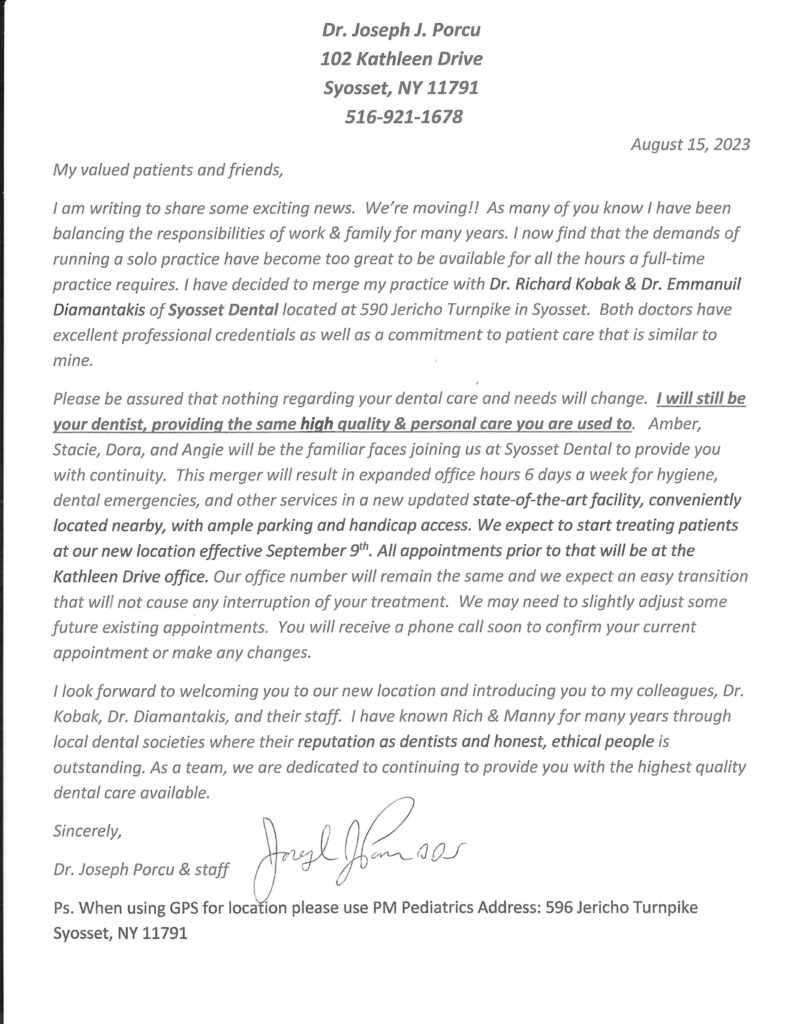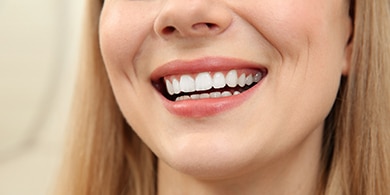 November 17th is the Great American Smokeout, an annual event to help smokers quit and raise awareness of health issues caused by smoking, The American Cancer Society has tools on their website to help you quit, including a smoking cost calculator and desktop widgets. They also sponsor rallies, luncheons, and other functions, and have helped pass anti-smoking legislation to help prevent deaths from secondhand smoke. Most of us are aware that smoking poses serious hazards to our lungs – but it’s also hard on your teeth. Some of the dental woes caused by using tobacco – even smokeless varieties – include:
November 17th is the Great American Smokeout, an annual event to help smokers quit and raise awareness of health issues caused by smoking, The American Cancer Society has tools on their website to help you quit, including a smoking cost calculator and desktop widgets. They also sponsor rallies, luncheons, and other functions, and have helped pass anti-smoking legislation to help prevent deaths from secondhand smoke. Most of us are aware that smoking poses serious hazards to our lungs – but it’s also hard on your teeth. Some of the dental woes caused by using tobacco – even smokeless varieties – include:
Dry Mouth: Also called xerostomia, dry mouth makes bad breath worse and leaves your mouth more prone to infection and cavities, since saliva helps remineralize teeth. It also slows healing time after surgery, extractions, and implants.
Slower Healing: The heat from smoking dries out your mouth and irritates your soft tissues. The chemicals in tobacco smoke impair your body’s healing processes on a cellular level. Nicotine constricts blood vessels and impairs the production of red and white blood cells. Hydrogen cyanide and carbon monoxide inhibit oxygen transport and increase platelets’ stickiness, making them more prone to creating interior plaques and clots.
Gum Disease: Smokers are more prone to periodontal disease. Left untreated, periodontitis leads to loss of bone mass and, eventually, teeth. Swollen, red, tender gums that bleed during brushing or flossing are an indicator of gum disease. Periodontitis has been linked to increased risk of stroke, Alzheimer’s, heart disease, pregnancy complications, and cancer. 80% of Americans have periodontal disease, and many may not know it until irreversible damage has already occurred.
Cancer: Oral cancer is one of the most aggressive forms of the disease, and it affects about 37,000 Americans each year. Using tobacco and alcohol are the main preventable risk factors. Early detection is essential for a good prognosis – if detected in stage I, 90% of patients will still be alive in five years. Unfortunately, about two-thirds of cases are caught in stages II or III, where survival becomes more uncertain. Screening for oral cancer takes as little as five minutes.
Talk to Dr. Kobak about quitting today. Be honest – about 22% of smokers admit they lie to their dentist about lighting up. Call our Syosset office today at 516-433-2211 to schedule your oral cancer screening during your next appointment.











